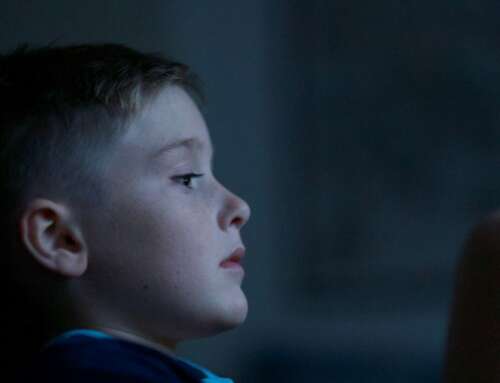Combatting loneliness needs good coaching from parents.
It’s worth asking ourselves as parents whether we should be worried about the number of friends our children have. Increasingly, I hear parents complaining that their child seems isolated, or doesn’t have “real” friends that they spend enough time with. Indeed, a Childtrends report found that up to 30% of teens say they feel depressed, lonely or unhappy much of the time. That number may not change as those teenagers become adults. These days, an astonishing percentage of adults are living disconnected lives, with more than one quarter living alone. In big cities like New York that number can rise to one half of all households being occupied by just one person. While we can debate the benefits and harms of a life lived solo as an adult (after all, some people prefer the quiet and autonomy of their own place), children need social interactions for their psychological, social, and even physical development.
Can a child’s caregiver, however, provide enough social and emotional support for a child who is isolated? The answer is “it depends.” If you grew up on a remote farm, or were raised on a sailboat, one or two relationships might be enough. In such rare circumstances, friends are optional and kids still do just fine developmentally. That’s largely because of the intensity of their experience day-to-day and the responsibilities they have for their own survival and that of those they live with. In other words, their lived experience gives isolated children the foundation stones for resilience: a positive identity, a sense of control, a feeling that they are important and belong. And of course enough activity to keep them distracted from feeling lonely.
– Michael Ungar
Read More: Does Your Child Have Enough Friends?
Image by Morgan Basham from Unsplash







Leave A Comment